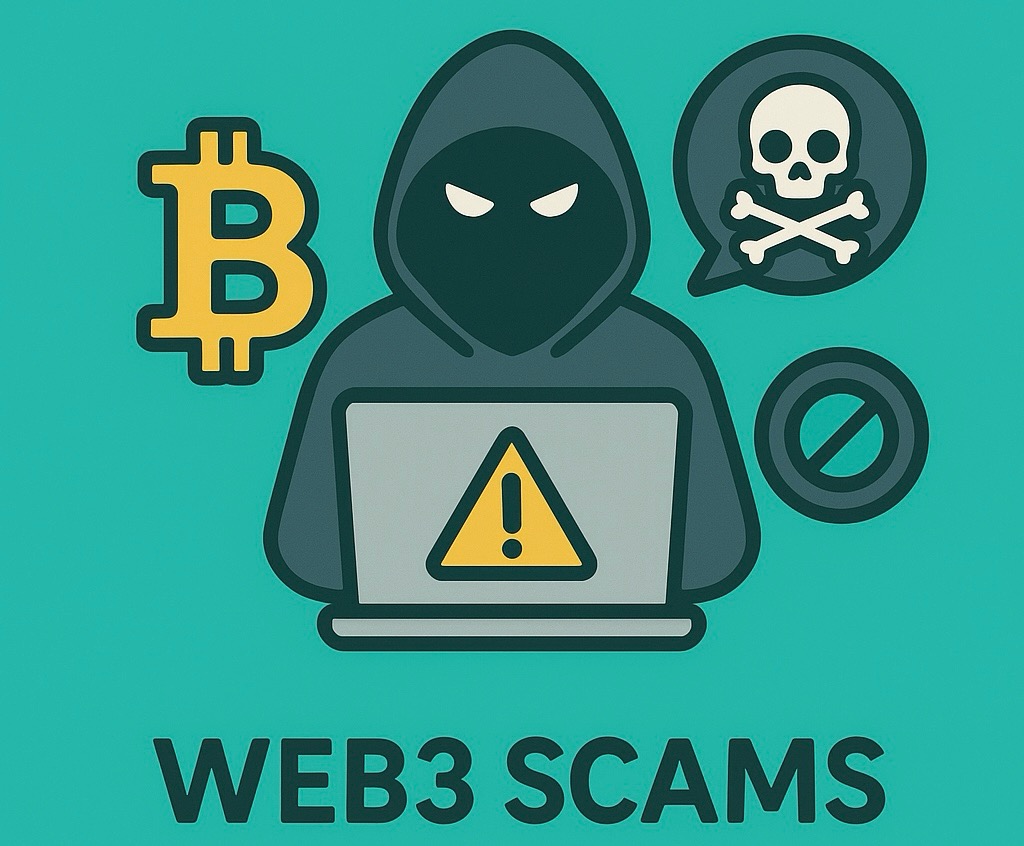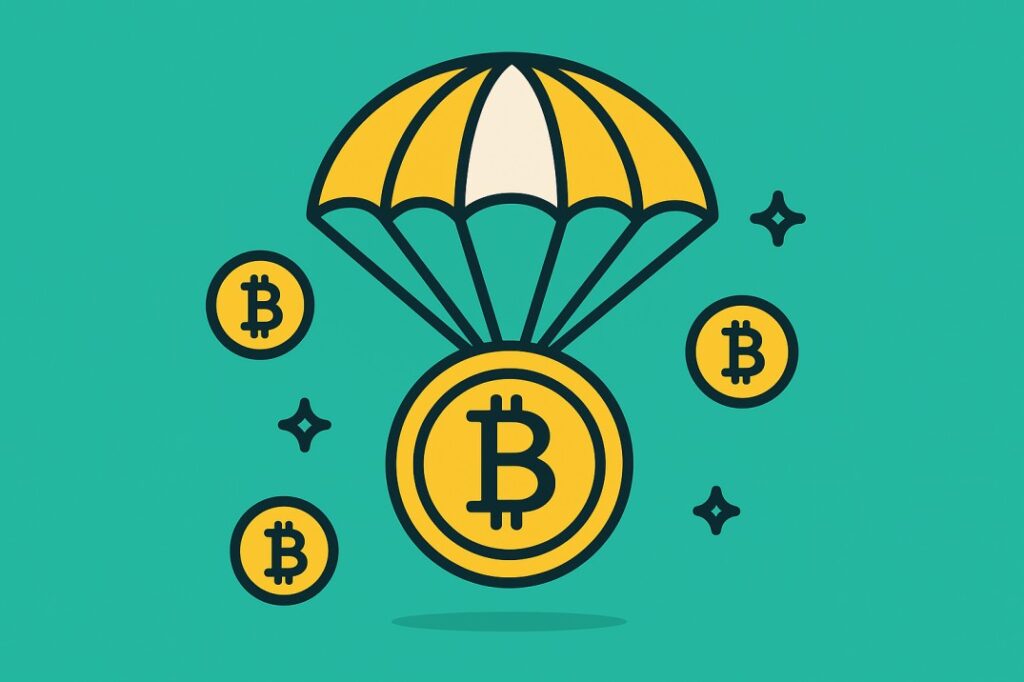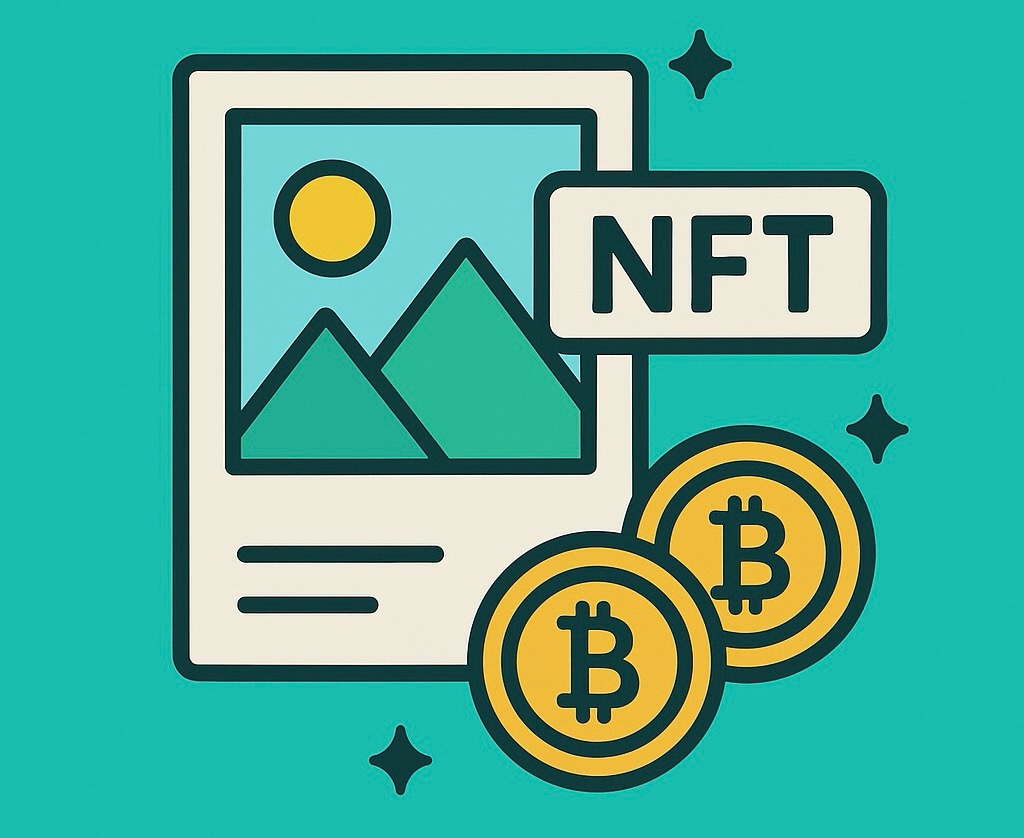I have seen Web3 change lives in Nigeria. Some made millions trading crypto, flipping NFTs, or staking tokens in DeFi protocols. But I have also seen people lose everything. Not because they didn’t understand blockchain technology, but because they trusted the wrong people or took the wrong risks.
If you are just stepping into Web3, you have probably already noticed the buzz. WhatsApp groups, Telegram channels, and Twitter threads are overflowing with investment opportunities. While some are legitimate, others are not. And here’s the thing: the scams are getting more sophisticated every day.
I’ll share the main types of Web3 scams that target Nigerians, how they work, and the exact steps you can take to protect yourself.
The Most Common Web3 Scams in Nigeria

Let’s be honest, Nigeria is one of the most crypto-active countries in the world. The Central Bank’s restrictions around 2021 on crypto transactions didn’t kill the market. It pushed it underground. Peer-to-peer trades boomed, and Telegram escrow services popped up. Decentralized finance became a lifeline for people looking for dollar stability.
But where there’s money moving, there’s fraud. In Web3, the same features that make it powerful (decentralization, anonymity, borderless transactions) also make it a playground for scammers. Here are the most popular ones I’ve encountered:
Ponzi Tokens Disguised as the Next Big Thing
I once got a DM from a crypto analyst who said he had insider info on a token that was guaranteed to 10x. His pitch was convincing: a polished whitepaper, a Telegram group with 10,000 members, and a roadmap that promised staking rewards, NFT integration, and metaverse expansion.
Three months later, the token’s value collapsed to near zero. The devs vanished, the Telegram group was locked, and the website domain expired.
How it works: The team creates hype, pumps the price, then sells their holdings in a “rug pull.”
Red flags to watch:
- Anonymous team with no verifiable history
- Unrealistic promises of fixed returns
- No working product, only a roadmap
Fake Airdrops and Wallet Drainers

You get a random message: Claim your free 1,000 USDT airdrop now! You click the link, connect your wallet, and within seconds, your funds are gone.
How it works: The scam link prompts you to sign a malicious transaction that gives them access to your assets.
Signs it’s a scam:
- The airdrop is unsolicited
- You have to connect wallet before you even know what the project does
- The website address is slightly misspelled (example, uniswap.app instead of uniswap.org)
Investment WhatsApp Groups with Fake Testimonials
Some scams don’t even pretend to be complex. They rely on social proof. You see screenshots of bank alerts, photos of happy investors, and voice notes praising the admin.
How it works: Early investors might even get paid from the deposits of new members. But the cycle ends when the admin vanishes with the bulk of the funds.
Signs to watch for:
- The admin refuses to explain how the investment generates profit
- Pressure to act now before the slots close
- No verifiable trading history or smart contract
NFT Rug Pulls

In 2022, I saw a Nigerian-focused NFT collection sell out in hours. The art looked great, and they promised metaverse integration and exclusive events in Lagos.
Two months later, the founders deleted all social accounts. Holders were left with JPEGs and nothing else.
Why it works: Many new NFT buyers don’t check if the project is tied to a real team or if the roadmap is achievable.
Why Nigerians Fall for Web3 Scams
It’s easy to say, People should know better. But I’ve learned it’s not that simple. The combination of economic pressure, FOMO, and the promise of fast wealth creates the perfect conditions for risk-taking.
In Nigeria, inflation eats into savings, and stable jobs are scarce. So, the idea of turning ₦50,000 into ₦500,000 in weeks can override cautious thinking. And scammers know this. They speak our slang, target our communities, and use cultural trust cues to erase suspicion.
How I Vet a Web3 Project Before I Invest
You can’t avoid risk entirely, but you can control it. Here’s the exact process I follow before putting a kobo into any project.
1. Verify the Team
If the team is anonymous, I dig deeper. Do they have a history of delivering real products? Are they active on LinkedIn? Can I find interviews or AMAs where they answer tough questions?
2. Check the Smart Contract
When dealing with a token, I scan the contract on Etherscan or BscScan. I look for:
- Ownership status (can they still mint or freeze tokens?)
- Liquidity lock information.
- Audit reports from trusted firms.
3. Look for Actual Utility
I avoid projects that exist only to trade tokens. Does it solve a real problem? Is there a working demo or platform I can test?
Security Practices That Have Saved Me

Even if the project is legit, scammers can still target you directly. Here are the habits that have kept me safe:
Use a Hardware Wallet
For serious holdings, I use a Ledger device. It keeps my private keys offline, so even if my PC is hacked, my crypto stays secure.
Separate Wallets for Different Activities
I keep a hot wallet for DeFi and NFT interactions and a cold wallet for long-term storage. That way, if my hot wallet is compromised, my main assets are safe.
Triple-Check URLs
I never click links from DMs. I manually type the official domain into my browser or use bookmarks.
Avoid Signing Blind Transactions
If MetaMask or Trust Wallet pops up a signing request with unreadable data, I cancel it. No matter how urgent the opportunity looks, I’d rather miss out than get drained.
Social Engineering in Nigerian Web3 Scams
The tech side of scams is dangerous, but the human side is deadlier. Many Nigerian scams rely on social engineering by manipulating trust and emotions. Here are some examples:
- Romance meets crypto: Someone builds a personal relationship with you online, then pitches an investment you can do together.
- Authority impersonation: A scammer pretends to be from a well-known exchange’s support team.
- Influencer misuse: Paid endorsements from local celebrities who don’t even understand the project they’re promoting.
What to Do If You’ve Been Scammed

If you lose money in a Web3 scam, the instinct is to keep quiet. However, silence helps the scammers. Here’s what I suggest:
- Document everything: Screenshots, wallet addresses, transaction hashes.
- Report it: Platforms like Chainabuse and Binance’s reporting form can flag suspicious addresses.
- Warn your network: Your experience could save someone else.
Final Thoughts
Web3 offers Nigerians a chance to participate in a global economy without waiting for permission. Yet, the same freedom comes with responsibility. No central bank will reverse your transaction. No police unit will track down an anonymous scammer on the blockchain.
In this space, your security is your job. Take it seriously. Educate yourself. Build a trusted circle. And remember, the only people who promise guaranteed profits in Web3 are either lying or selling something you should avoid.

